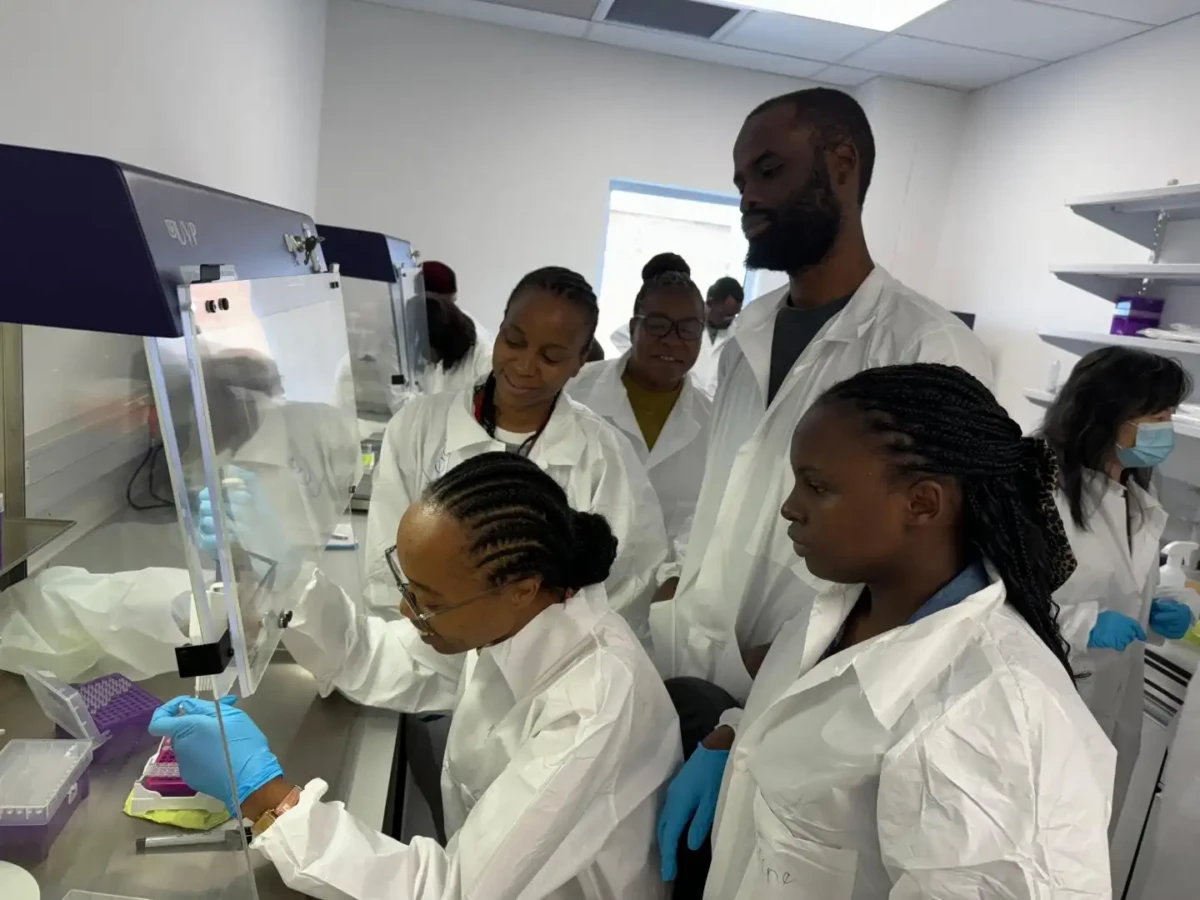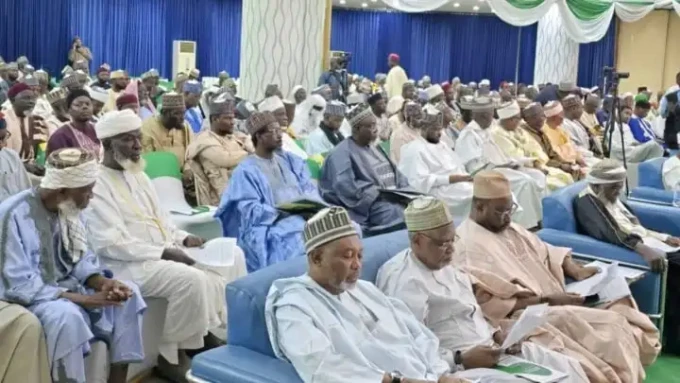Cameroon has marked a significant achievement in the fight against polio by fully sequencing a circulating variant poliovirus type 3 (cVDPV3) for the first time on October 23, 2025. This development highlights the nation’s improved capabilities for detecting and responding to polio outbreaks, especially important given that wild polio type 3 was declared eradicated in 2019, but variant type 3 remains a concern in areas with low immunity.
The national polio laboratory in Cameroon now has the capacity for complete sequencing, which accelerates outbreak response by providing provisional results. While samples are still sent to a regional lab in Ghana for quality assurance, local sequencing significantly cuts delays, allowing for quicker interventions.
This advancement is part of a broader initiative supported by the World Health Organization’s Regional Office for Africa (WHO AFRO) to enhance polio surveillance on the continent. Decentralizing sequencing capabilities enables faster outbreak detection and management across Africa. For example, Nigeria’s Ibadan sequencing laboratory has resulted in a 41% reduction in turnaround time for sequencing variant polio type 1 isolates.
Additionally, the use of advanced technologies such as the MinION nanopore platform supports rapid sequencing, even in remote areas, allowing health teams to respond promptly to potential outbreaks. This shift towards national ownership in data generation and proactive measures in combating polio reflects a growing resilience in Africa’s public health efforts.
Overall, the expansion of laboratories and adoption of innovative tools are enhancing the speed and efficiency of poliovirus detection and response across Africa, moving the continent closer to achieving its goal of becoming polio-free and safeguarding children from this disease.












Leave a comment